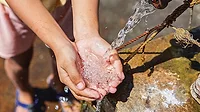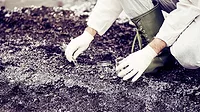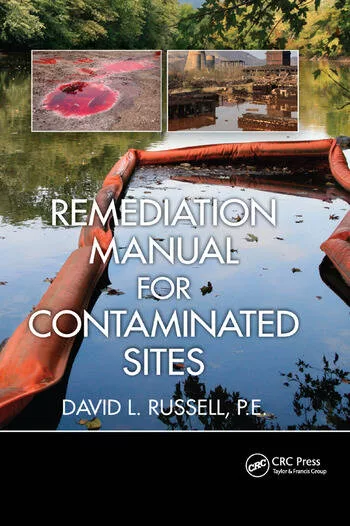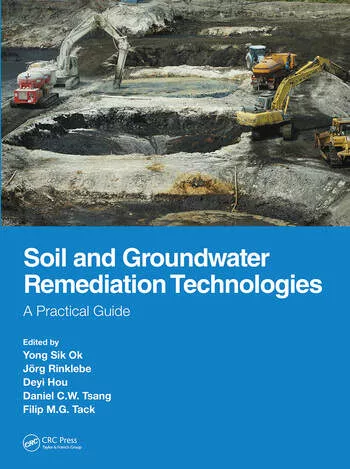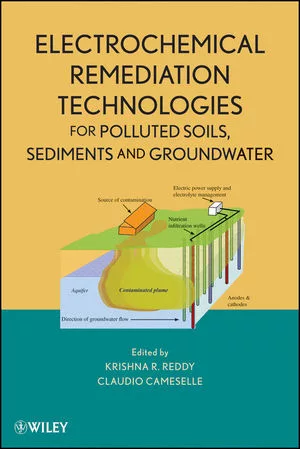Millions May Be Drinking PFAS-Contaminated Groundwater, Study Warns
The full study has been published in the journal Science
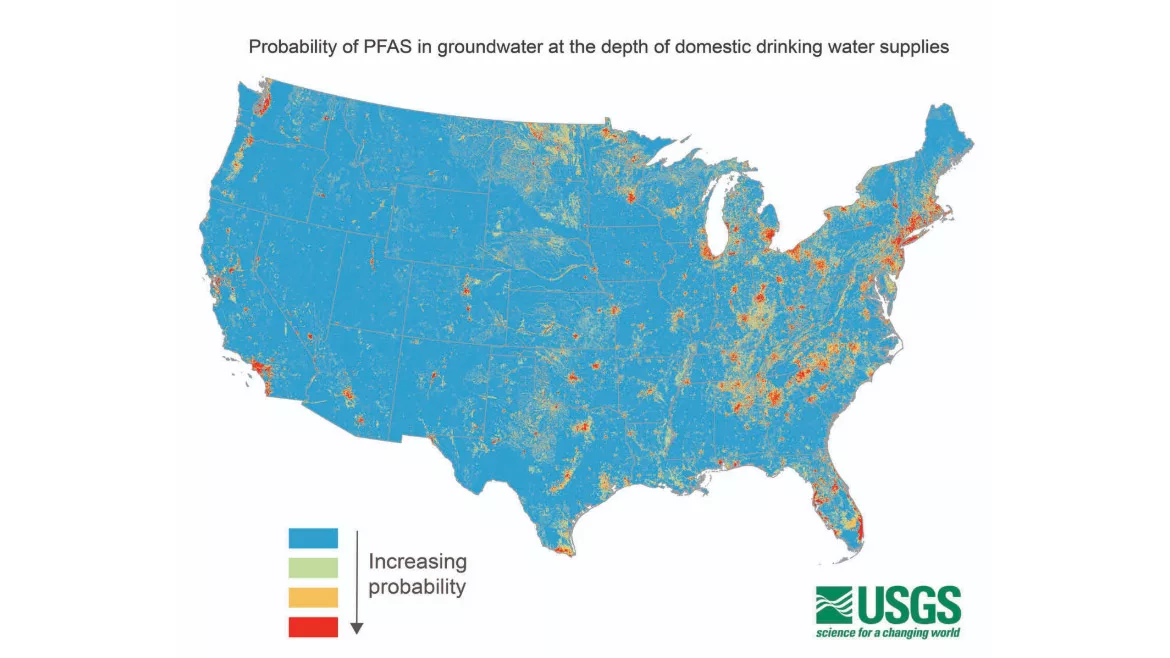
A staggering 71 to 95 million Americans – more than 20% of the population – may be relying on groundwater contaminated with per- and polyfluoroalkyl substances (PFAS) for their drinking water, according to a new study from the United States Geological Survey (USGS).
PFAS, a group of synthetic chemicals used in everything from non-stick cookware to firefighting foam, have been linked to a range of serious health problems. The Environmental Protection Agency (EPA) warns that exposure to certain PFAS can lead to adverse health risks.
The USGS study, published on October 24, is the first to provide national estimates of PFAS contamination in untreated groundwater used by both public water supplies and private wells. It also gives the first estimate of how many people across the country may be affected by PFAS-tainted groundwater.
"This study's findings indicate widespread PFAS contamination in groundwater that is used for public and private drinking water supplies in the U.S.," said Andrea Tokranov, a research hydrologist with the USGS and the lead author of the study. "This new predictive model can help prioritize areas for future sampling to help ensure people aren't unknowingly drinking contaminated water. This is especially important for private well users, who may not have information on water quality in their region and may not have the same access to testing and treatment that public water suppliers do."
The EPA has established maximum contaminant levels for six types of PFAS in drinking water, and regulates public water supplies. Some states also have additional regulations. However, private wells are not regulated by the EPA, and it is up to the well owners to test and treat their water.
The study found that Florida and California have the largest populations relying on public water supplies with potentially contaminated groundwater. For private wells, Michigan, Florida, North Carolina, Pennsylvania, New York and Ohio top the list.
On a percentage basis, the situation is even more stark. In Massachusetts, for example, the source water for 86 to 98% of people who rely on groundwater from public water supplies could be contaminated with PFAS. In Connecticut, the source water for 67 to 87% of the people who rely on groundwater from private wells could be affected.
The researchers analyzed 1,238 groundwater samples and used machine learning to identify which geographic areas have a higher likelihood of contamination. They then combined this information with existing data on how many people in a given area rely on groundwater for drinking water to come up with their population estimates.
The study tested for the presence of 24 common types of PFAS, and found that perfluorobutane sulfonate (PFBS), perfluorooctane sulfonate (PFOS) and perfluorooctanoate (PFOA) were the most frequently detected compounds.
The USGS has also published an interactive online map showing the probability of PFAS occurrence across the country. However, the researchers note that the predictive results are intended to be evaluated at the state, regional and national level, rather than at the individual household level. The model does not provide estimates of PFAS concentrations, and testing is the only way to confirm the presence of contaminants in a given water supply.
Those concerned about PFAS in their drinking water can read the EPA's guidance on treatment processes and testing options, or contact their state officials or water supplier for more information.
The full study has been published in the journal Science.



